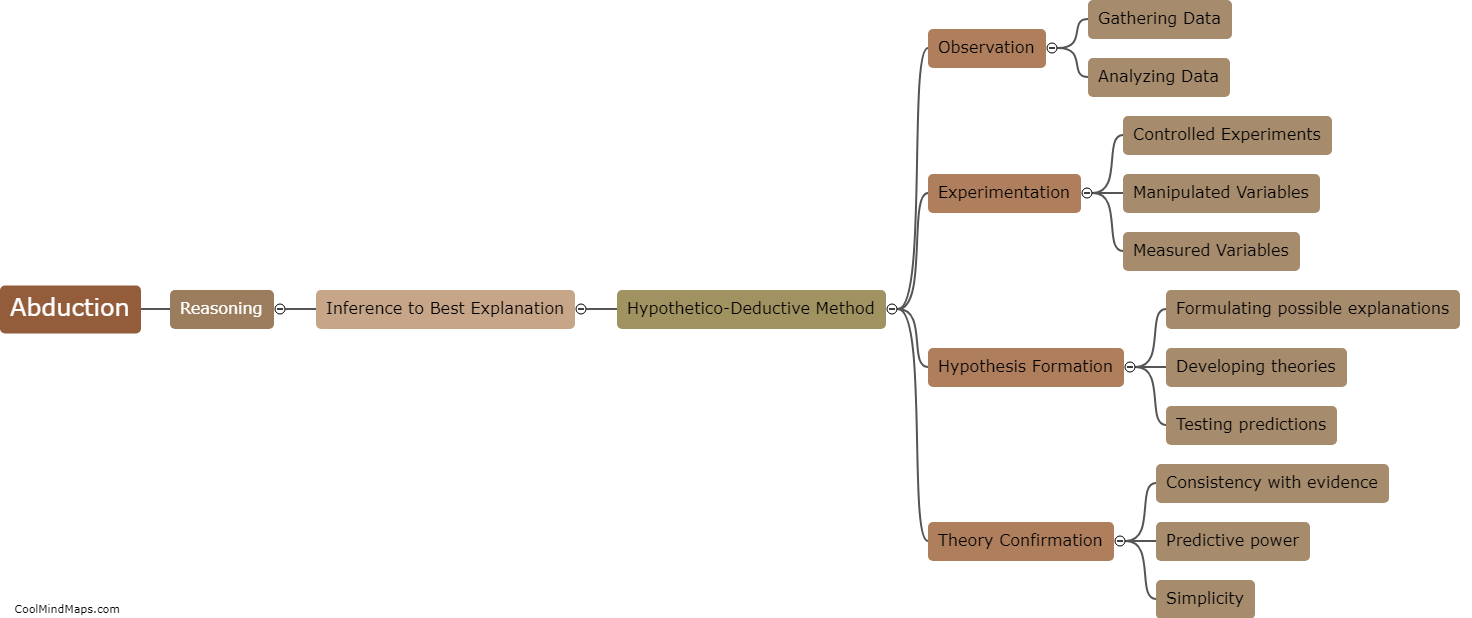What are the basic principles of quantum mechanics?
The basic principles of quantum mechanics are a set of fundamental concepts that form the framework for understanding the behavior of particles on a microscopic level. Firstly, the principle of superposition states that particles can exist in multiple states simultaneously until observed or measured, with each state having a certain probability. Secondly, the principle of wave-particle duality describes how particles can exhibit both wave-like and particle-like behavior, depending on the context. This principle is supported by the idea that particles are described by wavefunctions, which are mathematical functions that determine the probability distribution of finding a particle in a particular state. Another principle is quantum entanglement, where particles become correlated to each other, regardless of the distance between them, and measuring the state of one particle instantly determines the state of the other. Additionally, the Heisenberg uncertainty principle states that it is impossible to precisely know certain pairs of related physical properties, such as position and momentum, simultaneously. These foundational principles of quantum mechanics challenge our intuitive understanding of the world and have revolutionized our understanding of nature at the fundamental level.

This mind map was published on 9 October 2023 and has been viewed 52 times.











